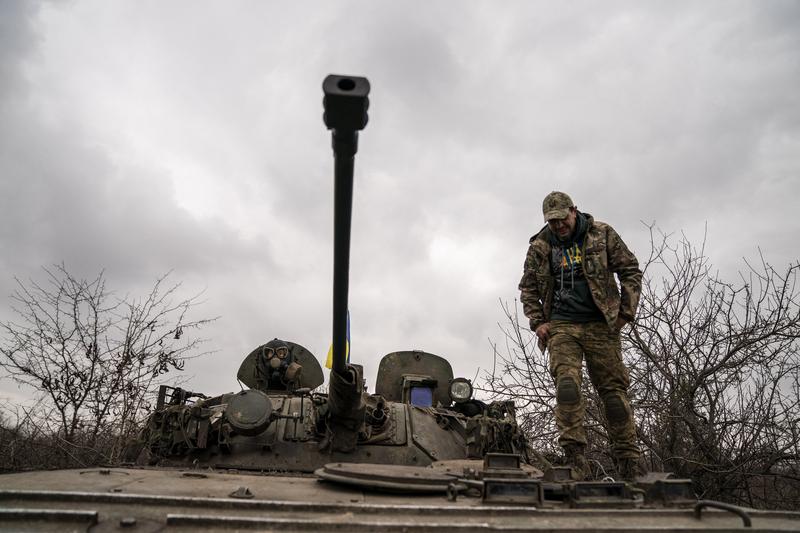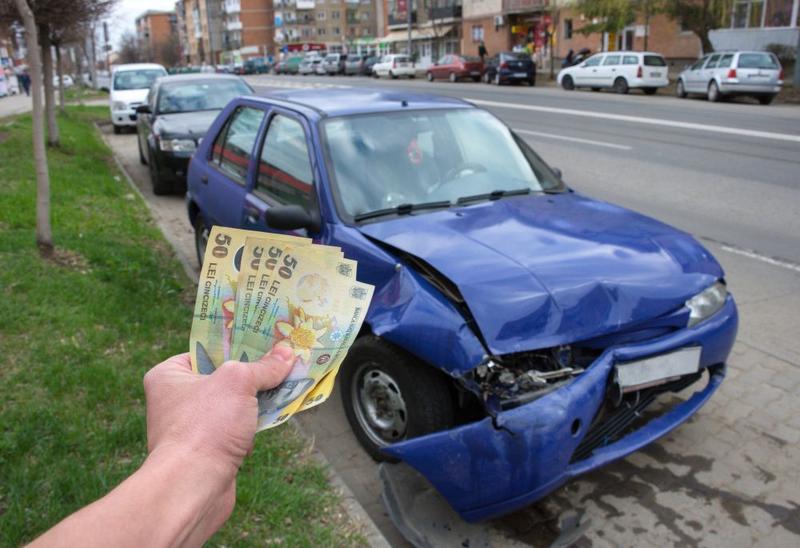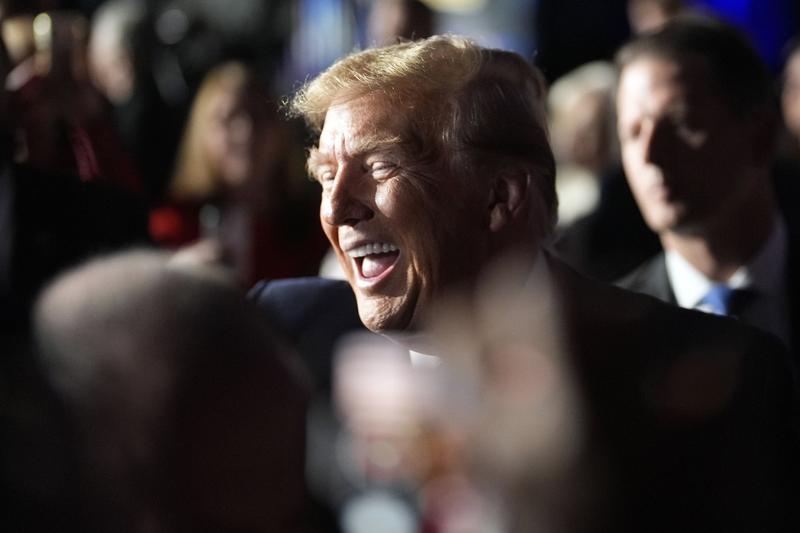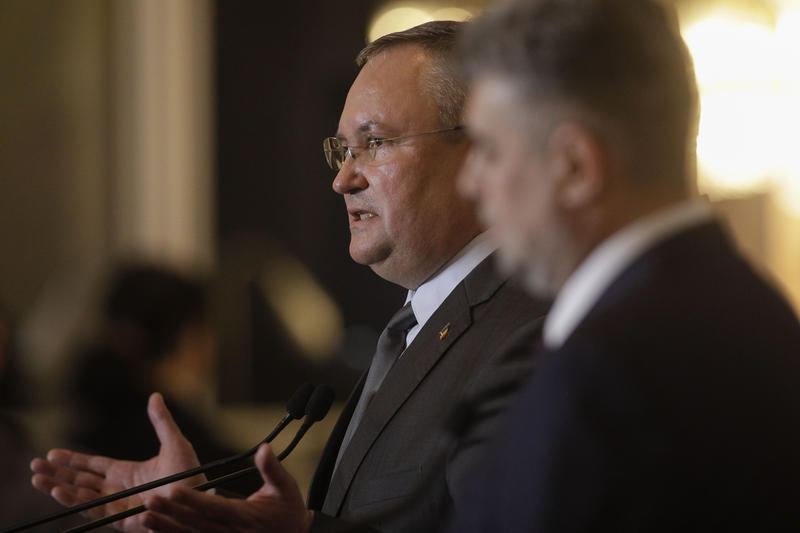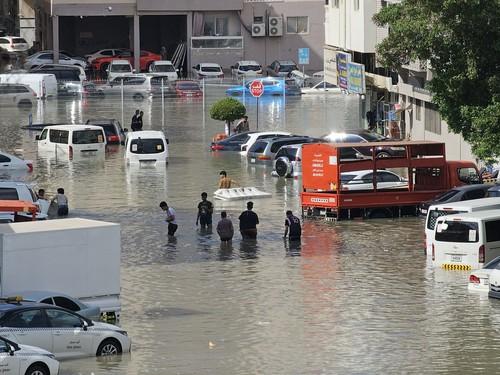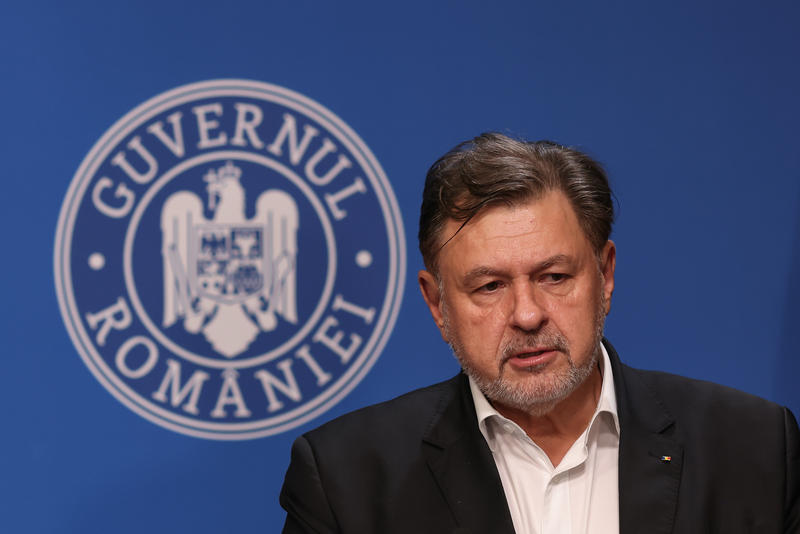The Romanian Constitutional Court admitted on Tuesday a constitutional legal conflict between the Parliament and the Public Ministry, represented by the National Anti-Corruption Department (DNA), "generated by the refusal of the Chief Prosecutor of the DNA to appear before the Special Investigation Commission of the Senate and the Chamber of Deputies for the verification of issues related to the organization of the 2009 elections and the result of the presidential election," the Court said in a statement on Tuesday. Observers say the decision is serious as it means MPs, many of whom are politicians who face judicial issues including corruption accusations, can summon prosecutors and other magistrates to answer their questions in the Parliament.
The Court also "found Laura Codruta Kovesi must appear before the Parliament of Romania, the Special Investigation Commission for the verification of the issues related to the organization of the 2009 elections." Instead, the CCR did not find a legal conflict between the Public Ministry and the Parliament after the refusal of General Prosecutor Augustin Lazar to send to the Legislature a copy of the criminal prosecution file for the presidential election in 2009.
"Following deliberations, by majority of vote, the Court found that there was a constitutional legal conflict between the Romanian Parliament on one hand and the Public Ministry - the Prosecutor's Office attached to the High Court of Cassation and Justice on the other hand, generated by the refusal of the Chief Prosecutor of the National Anticorruption Direction to appear before the Special Investigation Commission of the Senate and the Chamber of Deputies for the verification of issues related to the organization of the 2009 elections and the result of the presidential election. In the settlement of the conflict, the Court found Ms Laura Codruta Kovesi to appear before the Parliament of Romania - Special Commission for the Investigation of the Senate and the Chamber of Deputies to verify the issues related to the organization of the 2009 elections and the result of the presidential ballot and to provide the requested information or to make available other documents or means of evidence, useful for the commission's work," says the Constitutional Court's press release.



